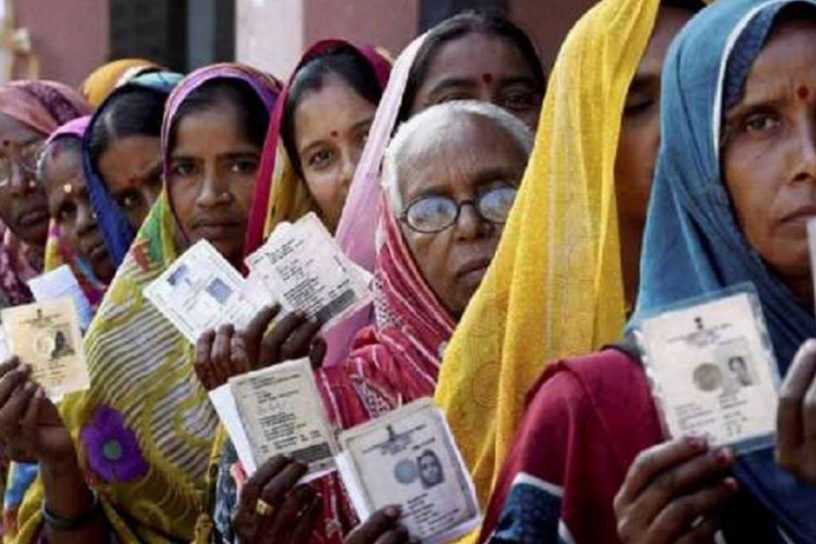
This research involving the Maoist-affected Junglemahal region in West Bengal showed that people were less inclined to vote for the incumbent when greater importance was attached to politically motivated violence.
Author
Subhasish Ray, Associate Professor, Jindal School of Government and Public Policy, O. P. Jindal Global University, Sonipat, Haryana, India.
Summary
Do perceptions of insecurity from politically motivated violence affect the decision of poor voters to re-elect incumbents in Indian elections? This article examines this question in the empirical context of the Maoist-affected Junglemahal region in the state of West Bengal in eastern India.
Exploiting original survey data collected in 38 Maoist-affected villages in Junglemahal prior to the 2019 Lok Sabha election, I show that respondents (a) were able to discriminate between politically motivated violence and other governance-related issues, (b) were more inclined to vote for the incumbent the greater the importance attached to the provision of public goods, but (c) were less inclined to vote for the incumbent the greater the importance attached to politically motivated violence.
In auxiliary tests, I find that the effect of the perceived threat from politically motivated violence was mediated by feelings of fear, anger, and worry about the general direction in which the state was going.
I also present evidence showing a positive relationship between the level of campaign contact by the opposition party and the level of negative emotions experienced by voters.
Published in: Contemporary South Asia
To read the full article, please click here.


